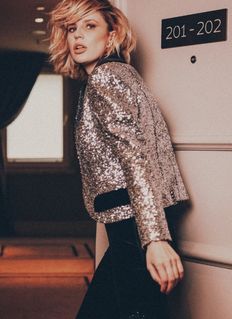PODCAST – Vinnie Potestivo Talks About Being a Media Brand Advisor
Have you heard of any of these names? Vinnie Potestivo may be to blame…or credit.
- Kelly Osbourne
- Kristin Cavallari
- Mandy Moore
- Ashton Kutcher
- Jessica Simpson
- SuChin Pak
- Will.i.Am
- DJ Clue
- LaLa Anthony
I could continue, but I’m pretty sure that you get the point.
Today, I am so honored to introduce you to Vinnie Potestivo, who is an industry-leading media and talent innovator who is widely known for his inclusive and impactful approach to brand building and personal brand development.
Click here to listen to the episode on Apple Podcasts!
He played a major role in the celebritization of all of the names that I just listed to you. And this conversation with Vinnie is so incredibly powerful because played a huge role in shaping the big names and the big celebrities that we have come to consume as part of our millennial culture.
And this is a big topic that we cover today.
We talk about how:
- Can we shape culture?
- Vinnie played a role in shaping America’s youth culture
- To identify the “it” factor in a brand
- Really leverage that to help you stand out
- To garner media attention and garner awards
- Get your creative energy and your creative ability out into the world and
- To leverage your talents to make the world a better place
I am so excited for you to listen to this episode with him, but first, here’s more information about Vinnie’s story.
Click here to listen to the episode on Apple Podcasts!
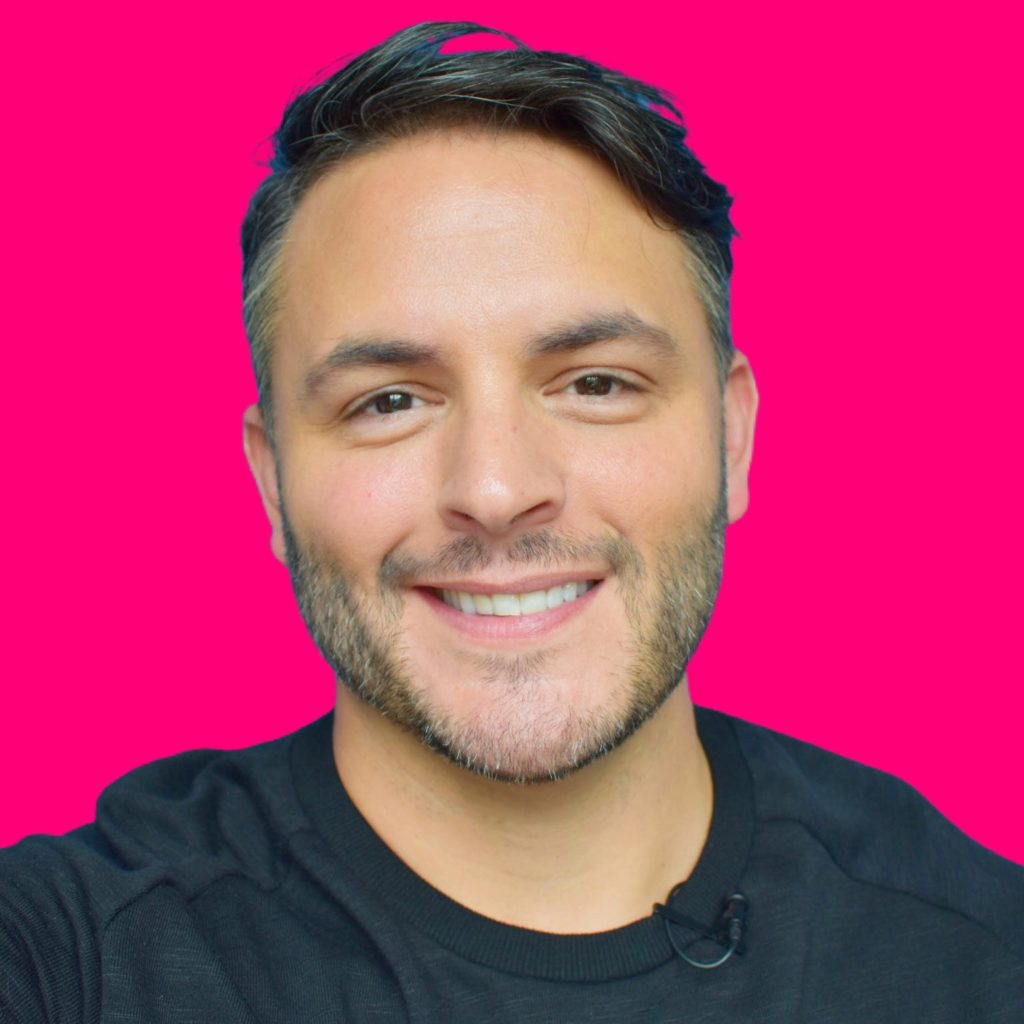
Get to know Vinnie Potestivo
Vinnie Potestivo is an industry-leading media and talent innovator who is widely known for his inclusive and impactful approach to brand building and personal brand development.
With over 25 years of experience, he and his teams have become well-trusted connectors who sell, develop, produce, launch, distribute, and amplify some of the most talked-about original series & talent brands in modern pop culture.
Brands Vinnie Potestivo has helped elevate through the use of original content
Include Mandy Moore, Ashton Kutcher, Jessica Simpson, Ashlee Simpson, Tyrese Gibson, Lauren Conrad, Diane von Furstenberg, Rob Lowe, Danielle Fishel, Peter Thomas Roth, Kelly Osbourne, Kristin Cavallari, Nasir “Nas” Jones, Molly Sims, Vanessa Lachey, Susie Castillo, Damien Fahey, Quddus, SuChin Pak, Gideon Yago, Will.i.am, Ebro, DJ Clue, LaLa Anthony, Hilary Duff, and Leah McSweeney among others.
Corporate brands VPE: Vinnie Potestivo Entertainment, Inc. (vpetalent.com) has worked closely with include Macy’s, Samsung, Nikon, MLB, Peter Thomas Roth, June Jacobs Spa, Naturally Serious Skin, Kiehl’s, Hope Fragrances, Ciroc, Dow, Lady Foot Locker, AARP, Prudential & Allstate.
I Have A Podcast with Vinnie Potestivo
Is a collection of conversations with celebrities and creatives who aim to inspire us in our everyday lives, can be found on Apple Podcasts and anywhere else you listen to yours. IHAP’s companion video series I Have A Podcast on Television can be seen Thursdays on DirectTV, Distro TV, and Channel 285 on STIRR via bspoketv. For more information on viewing times, current episodes, and guest recommendations please visit ihaveapodcast.com.
Vinnie Potestivo can be seen on:
Linkedin.com/in/vinniepotestivo where he shares business and brand strategies for people looking to inspire and impact with media.
You can also find him at instagram.com/vinniepotestivo where he over-shares photos of his two mini-schnauzers @BeauWellington and @DudleyGreenfield.
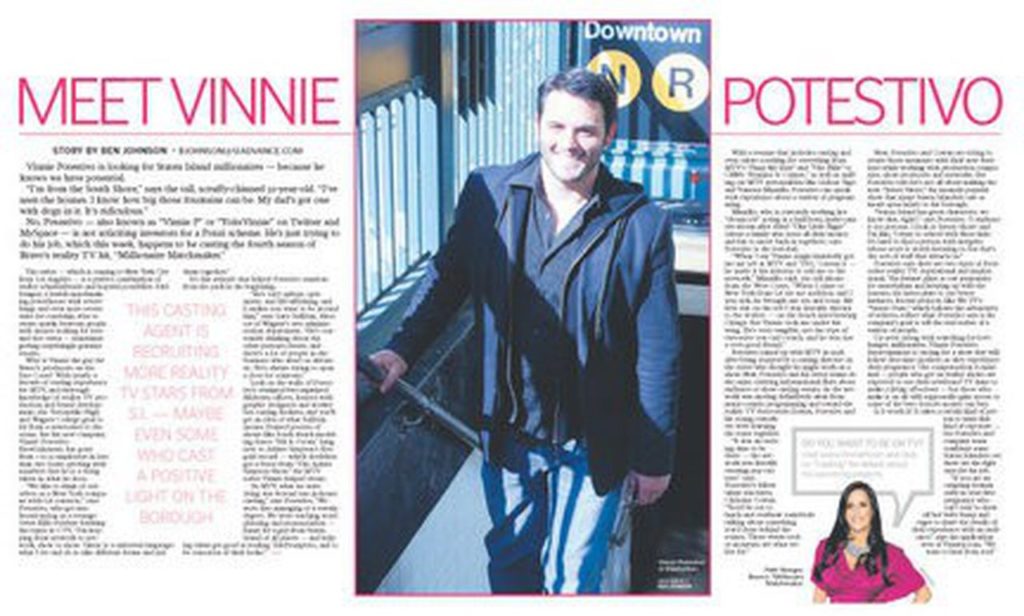
Vinnie Potestivo’s Story of Becoming a Casting Director
HOST | Tristan Thibodeau:
All right, Vinnie, I was just sharing with you that I am bouncing out of my seat. Pit stains are happening with how excited I am to be talking to you because you played such a tremendous role in shaping my generation’s culture when it comes to pop culture and music and just celebrities that we came to know as household names.
Can you tell us the story of the making of Vinnie and how this career evolved through all of the personal brands and celebrity brands that you’ve had a hand in?
The Celebritization of Personal Brands
GUEST | Vinnie Potestivo:
Oh, my gosh, I love the way you frame my story, by the way. Well, first off, I point out for the people who are not watching, we are both wearing full black ensembles. So full podcast chic.
Let me tell you, it’s so cool actually getting to talk on podcasts and getting to reflect. The coolest part is your framing of what I went through to get here.
And in that journey of understanding your framing of it, I get thrown back. I mean, it’s like a time machine. I get thrown back and I remember the feeling, and I remember what we ate, probably because I always ate like the same Planet Hollywood.
Like at TRL, always like TRL Planet Hollywood. Captain Crunch Chicken. You knew someone good was going to be in the studio. And Captain Crunch Chicken.
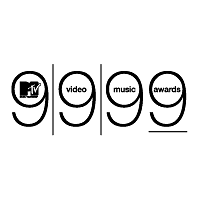
Vinnie Potestivo and The BMTV Era (Before MTV)
But before I got to MTV in ‘99 and was officially asked to help launch the talent development department, I would say maybe, like in the early 90s, like in high school, I got really interested in TV.
I learned how to wire two VCRs together. A teacher taught me how to wire two VCRs together so I could start editing videos together. It’s the first time I got access to a camera.
So I started immediately recording my friends, which drove me to want to be surrounded by super talented people because I loved being able to record my friends. And we have the best tapes. We still pass them around. They’ve all been digitized, the best tapes. And the best sense of humor is a wholesome sense of humor. Living in our bubble before the Internet.
1998 and MTV
And then from 95 to 2000 for me, which is like when I graduate high school in 95 to 99, when I graduate college, and I started MTV in 98. Also, there was a huge digital revolution in regard to file sharing. The floppy disks. I actually remember having a cassette we actually used to burn content. There used to be a CD or a DVD Port in our computers.
I remember Napster at MTV, by the way, even. And realizing the power of being able to share digitally. And the music industry did a really good job at stunting, preventing, or holding back that progress of technology until Apple came out in 2007 and then put iPhones and iPods in our hands, and then that was it.
But it’s always been about that. It’s been about sharing information. About editing it so that it fits on a new platform.
Vinnie Potestivo’s Personal Development Journey
And I think that I ended up going to a course called the Landmark Forum. In October 1998, that’s where I learned that, like, the stories that we tell ourselves are the worst versions of our stories. So not even knowing that you’ve been through this, you see how I’m aware of what you’re seeing.
And I’m like, oh, I should be telling me, why do I tell myself, why am I the villain of my story? I’m in charge here, and I’m like, killing myself off and seeing one. Are you kidding me? Aren’t superstars not supposed to ever die in movies. It’s not like a thing. Why am I killing myself off in my own movie? I’m not setting myself up for success.
But there was something about changing my life without. I had a hard time processing changing life without taking the steps to do it. I had a hard time understanding. Close your eyes, and envision where you want to be. Be that person. Stop talking in the future, in the past. Start talking in the present. I had a hard time waking up one day believing I was a casting director just because I said I wanted to be a casting director. But that was my goal.
Chasing the Dream, and Getting Scrappy
So I went back to school. I did some research backstage. I think it was like $20 to put out a casting notice. And I said, “casting director Vinnie Potestivo seeking actors looking to be cast in films and upcoming projects. I’m looking to build my database. Please send me your headshots and resumes”.
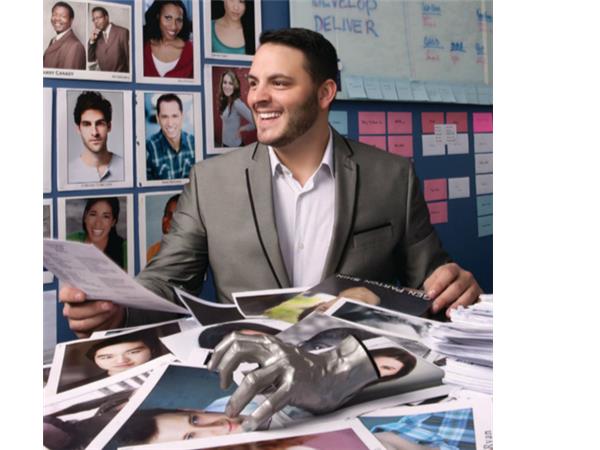
So one campus wrote me…Wagner College.
And you’re not supposed to do that, by the way, according to campus rules, it was kind of a miracle on 34th street moment. Like, I walked there like, “Vinnie, you need to come to the mail center.”
And I’m like, “uh oh”, I never even heard of that kind of, like, that sentence before. I’m in trouble if I got to go to the mail center that has full bins of eight by ten.
And I thought, well, what am I going to do with all these people? Look at all these headshots!! The techie in me said, “create an excel sheet and get a database going”.
Filling Gaps in The Industry
You have names and phone numbers, and they tell you their height, and they tell you their types, and they tell you all these other words that are associated with being creative and energetic.
And I kind of started a database, and because I had that sort of reaction to organizing people. Because I knew the headshots weren’t the opportunity. That’s not the opportunity that’s here. The opportunity is how I connect with them. And I thought to myself, “how can I best connect with them?”
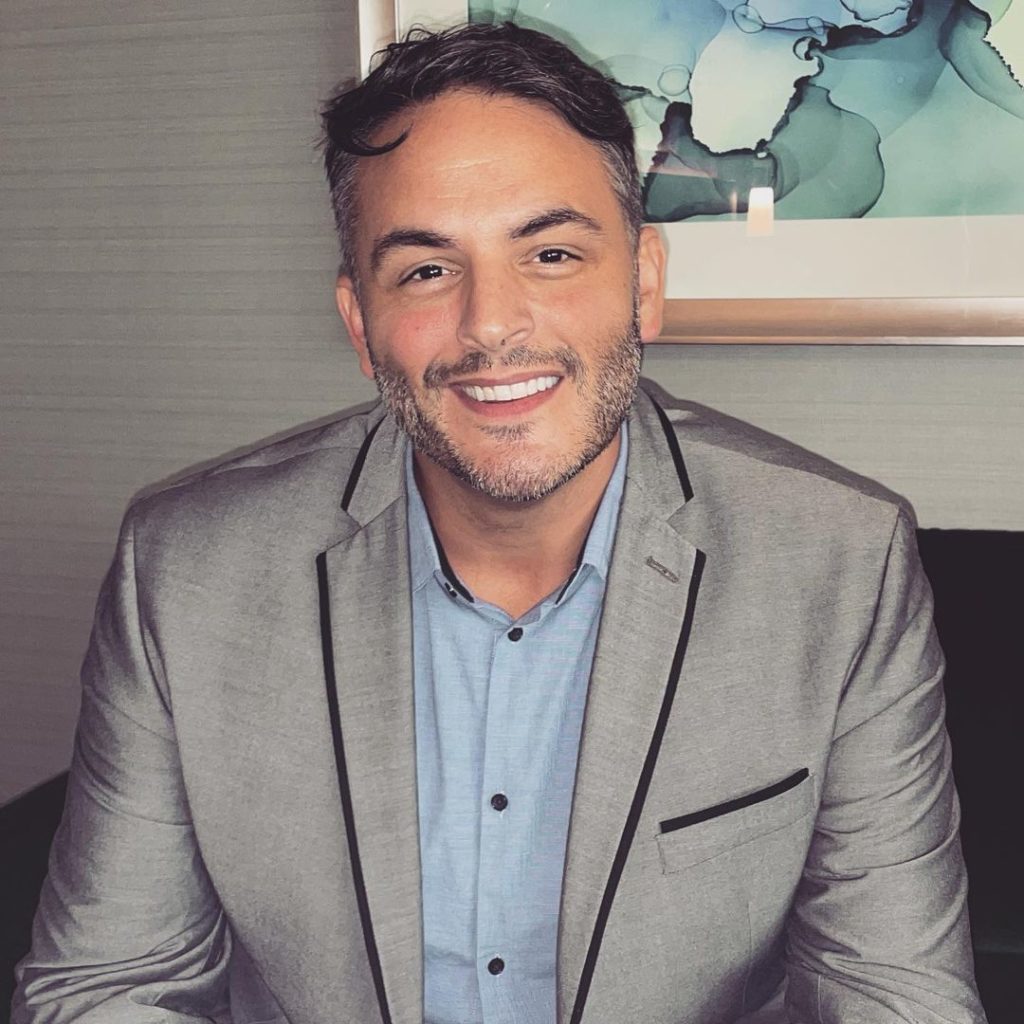
And I was like, “well, I’m going to have to put them in a spreadsheet so I can email them in a group setting so that I can send them monthly updates via email about opportunities”. Because email is how I can stand out because I’m not an agent, and I didn’t really understand the system, but I knew the email. I know how to build a web page.
How Vinnie Potestivo Broke Though as an MTV Casting Director
And it was like those digital skills that led me to work at Fox News and then the Food Network. And I worked on Hannity and Colmes on Fox News, which is like a bipartisan show. I was traveling the country as, like, a 20-year-old person asking questions.
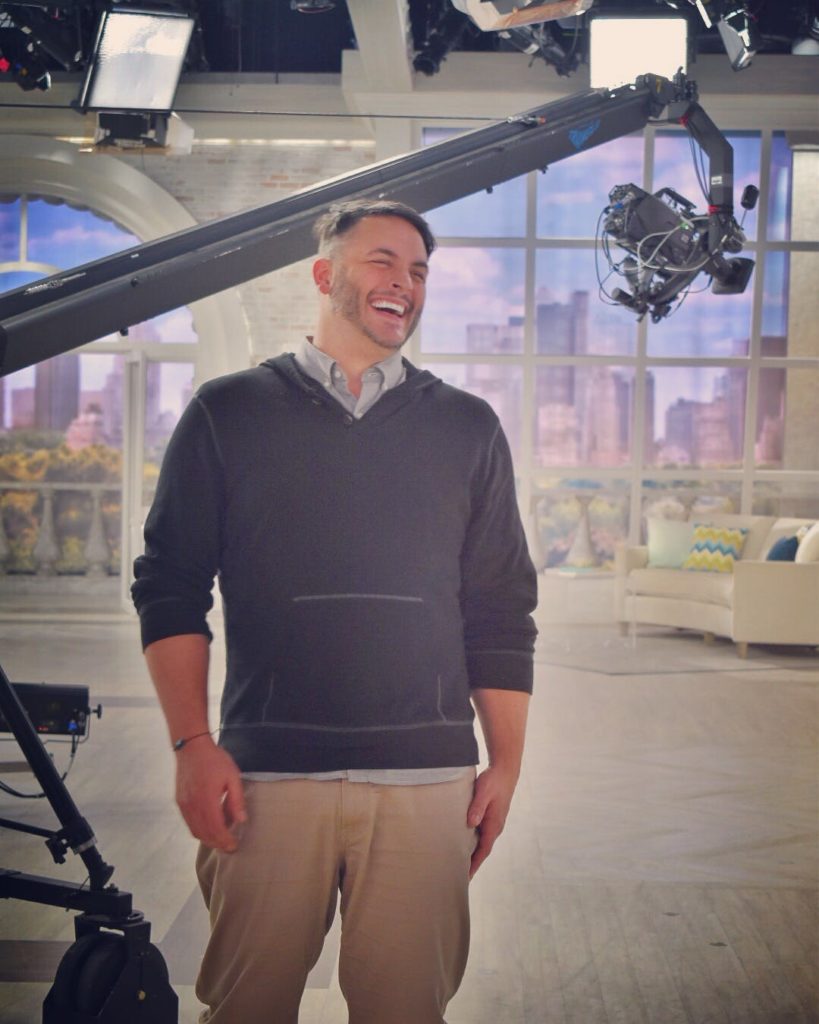
I would be like the audience producer, and I would pick people to ask questions to ask Hannity and Colmes on the show. And it was that experience that MTV hire me to Choose or Lose, where I got to find Gideon Adlon and then ultimately SuChin Pak and Sway and change MTV news forever.
And then there I was on Broadway, 15th, and finally working on Broadway. My goal is just 15 Broadway. And I stayed in that building for ten years, and it was fun. We’ll talk about that.
Vinnie Potestivo’s Wild Ride at MTV
HOST | Tristan Thibodeau:
Yes. I want to hear all about your experiences there because working for a company of that scale had to have shown you and taught you so much.
And before we kind of dive into that, I would love to hear about the brands that you helped start. And the names that we now know because you played a role in that and just kind of how that whole process took place because there are so many names. There are so many names.
GUEST | Vinnie Potestivo:
I think of things in galaxies and planets and orbits and stuff like that. And I think there was like this big bang in media and cable when MTV pulled back the timing, the space from music videos, and allowed programming to happen on MTV in 30 minutes increments that were on topic about a specific person, or family, or place.
I started working at MTV when MTV was only 18 years old or 19 years old. I think it was born in 81 is when it came out, and I got there in 88. So it was 17 years old when I got there.
There were still OG people that were working at MTV when I was there. So I still got to work with some of the greats that I recognized from all those MTV documentaries. I would be the guy singing show tunes, walking down, talking about VJ. But whatever it takes to stand out, that’s me.
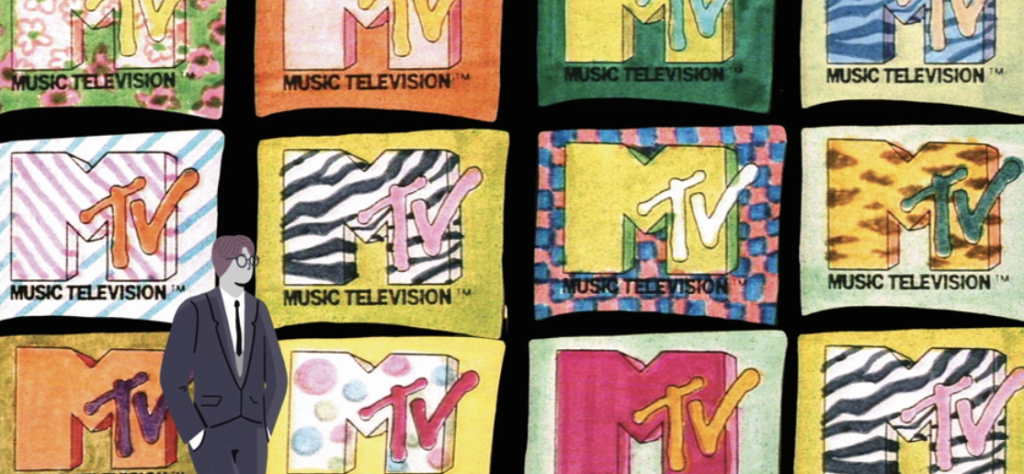
Vinnie Potestivo Dishes on Being at the “Right Place” at the “Right Time”
You got to stand out. You can’t stand out or stand up. That’s for me. That’s my thing.
I mean, that’s just the right time, right place. Mandy Moore is one of the people that I certainly got to begin my career with. She was just in a Good Charlotte video. MTV had a long relationship with Sony because of Michael Jackson and the Sony-MTV relationship.
So there were a lot of Sony artists that MTV got to experience prior to launching and become part of their story. So Mandy Moore is one of the most rewarding and fun talent brands that I love to speak about.
Ashton Kutcher came to MTV as a TV star, a film star, and a print model. But he didn’t have a production company yet. He wasn’t seen as a producer yet and certainly wasn’t seen as being capable of running and executing multi-million dollar budgets for seasons after seasons.
And Ashton, just like, being in the room with Ashton. He’s just so smart. His vocabulary increases while he’s in the room, and then it’s put into action.
People will say things, and then he’ll say those words back, and then all of a sudden it’s like now as opposed to like, oh, that would have taken me two weeks to figure out. So he move so quickly.
And then to see people move slow, like Jessica Simpson, bring that up. Who slowed the pace down? Everyone else, it’s all adrenaline, adrenaline. Jessica was like, “we’re newlyweds chill out and watch me wash the dishes. Watch me watch TV. You all want to watch Ozzy Osborne watch TV. You all can watch me watch TV”.
How Vinnie Potestivo Witnessed Millennial Culture Take Shape
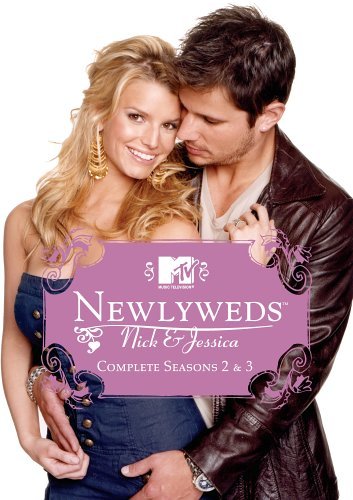
We saw our sister, we saw our mom, our cousin, our coworker, our Church member, our friend, and our family member ourselves on that couch and could imagine what our parents were like as young newlyweds, maybe that’s what was going through in my head.
In my head, I’m thinking about why are we talking about newlyweds on MTV, which traditionally is geared toward teenagers. But look at what was happening in youth culture. Marriage was moving closer and closer. And then as we talk about the generational shift, then 16 and Pregnant happened.
So you can start to see how generation after generation, there are earlier and earlier adoptions to things that are happening in culture. I just think MTV made space for that. MTV did films. So you figure this out.
HOST | Tristan Thibodeau:
By the way, everybody remember that?
GUEST | Vinnie Potestivo:
YESSS! Remember MTV did something called a Hip-Hopera. Carmen: A Hip Hopera. And it was Beyonce’s first featured acting role ever.
And I’m the guy that got to run the casting. It’s me, Beyonce, and Robert Singleton, the producer, and director of the film in the room together. Just to be a part of that process and then to know what happened after.
Playing a Role in the Creation of “Sasha Fierce”
I actually read something that Beyonce talks about being in that movie. It taught her character development. It taught her the ability to create a performer within herself that she believed in, that she could be. And that’s kind of like, she kind of credits that to being how she came up with Sasha Fierce, this version of her that we all see on stage.
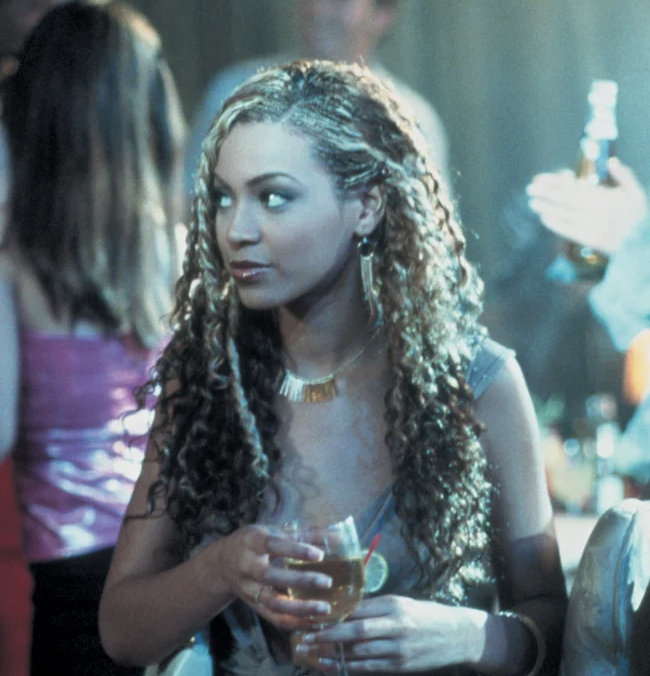
And I’m like, wait, what? I might have had something to do with that.
That’s so cool. I was In the room. I saw that. It was the neatest thing. It was the coolest experience, and it’s the nuance. It’s the nuance.
How Vinnie Potestivo Helped Shape Millennial Culture
HOST | Tristan Thibodeau:
That’s what just blows my mind is to think about the role that you had both with proximity to these people that we know and love, but also the role that you played at MTV. Like, you literally had a hand in shaping millennial culture. And that’s mind-blowing to me.
And when we think about brand and we think about contribution, that’s one of the biggest things that you could do is to shape culture.
So what are your thoughts on the role that you played shaping, I mean, especially the millennial generation, because that’s who was watching during that time as younger people.
How do you feel and what are your thoughts? And has that hit you like a brick? Like, Whoa, that was a lot, or what’s your response to it?
GUEST | Vinnie Potestivo:
I take no credit. I take no blame. Let me just put that out there.
Real People, Real Relationships, Real Change
There was a point in my career when at MTV when I realized that I wasn’t just casting hosts on TV. I wasn’t just going around finding celebrities that I thought should have TV shows on MTV and throwing ideas at them so that they can come and pitch them back to us. I wasn’t just out every single night having fun with these people, drinking and being social, and talking about creative things that turn into TV shows afterward.
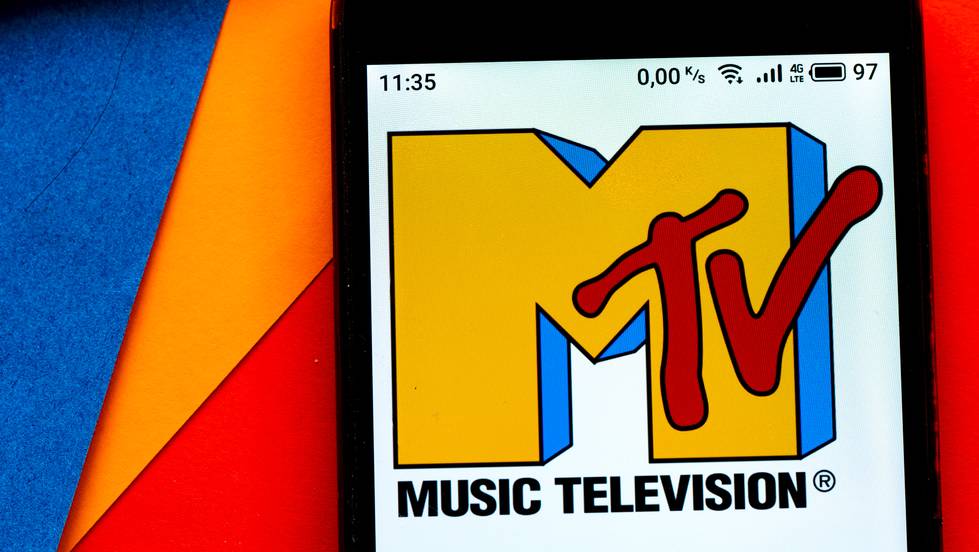
But these people were fighting for my right to marry who I want to marry, which is now a very relative conversation. So it makes me even more emotional. You asked me if it hit me yet. It makes me even more emotional.
When I think of some of the decisions that I got to help make in the early 2000s, and late 90s that still stand now. That is an overwhelming feeling that we did something that was so sustainable and so powerful that it stood the test of time for years.
Seeing Mandy Moore be the star of This Is Us, and all of us watching that journey. There’s no greater feeling. I have no sense of pride for her because she did at all. I was really hired to support her, and I was trained to support celebrities and talent. I was trained to listen to them in a way that managers weren’t listening to them and that networks weren’t listening to them because managers and networks talk to each other. I was a different sort of group at MTV, and I was trained to hear something differently.
Global Brand, Local Product
And then I knew my inventory. I knew the space that I had. At first, it was MTV, and then it was MTV two, and then it was Mtvu, and then it was MTV three, and then I wrote the talent SOPs for 20 different MTV international networks. Because I’m talking about how to find a host for MTV, and MTC is a tricky brand.
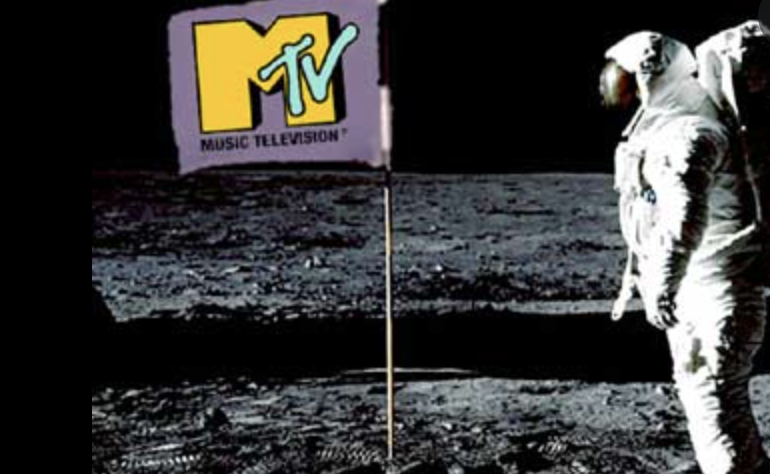
MTV is a global brand with a local product. Culture is a local product, and I give MTV a lot of credit, but then you have to give blame. So I give it no credit, no blame for creating culture.
Television was the platform for youth culture then. And when you have a certain percentage of eyeballs on the same thing, whether they like it or not, they have a shared experience to now relate to each other. Whether they loved the Ashley Simpson Show or not, they watched it. Whether they love to love her or love to hate her. And there was a kind of information that spoke to both sides of that audience.
Either way, they were supportive, and they went and bought albums. So it was a cool time. It was a cool time at MTV.
Leaving MTV and Going All-in on VPE Talent
I think of what we did there. I started watching MTV in 95, which is like when the shows on MTV changed, there was a VJ shift that changed in 90. But Downtown Julie Brown, there was all these Kennedy, there’s a sort of new wave of DJs and stuff like that. When I got to MTV, I feel like what we did was give artists the cameras as opposed to pointing cameras at the artist.
And then in 2007, I left and came back to my agency that I had started in 1998, and I’ve been here ever since.
And I think what MTV did differently when I left was they gave the cameras to the audience because social media inevitably was going to do it too. By the way, I remember my conversations with Lauren Conrad and Kristen, and Steven.
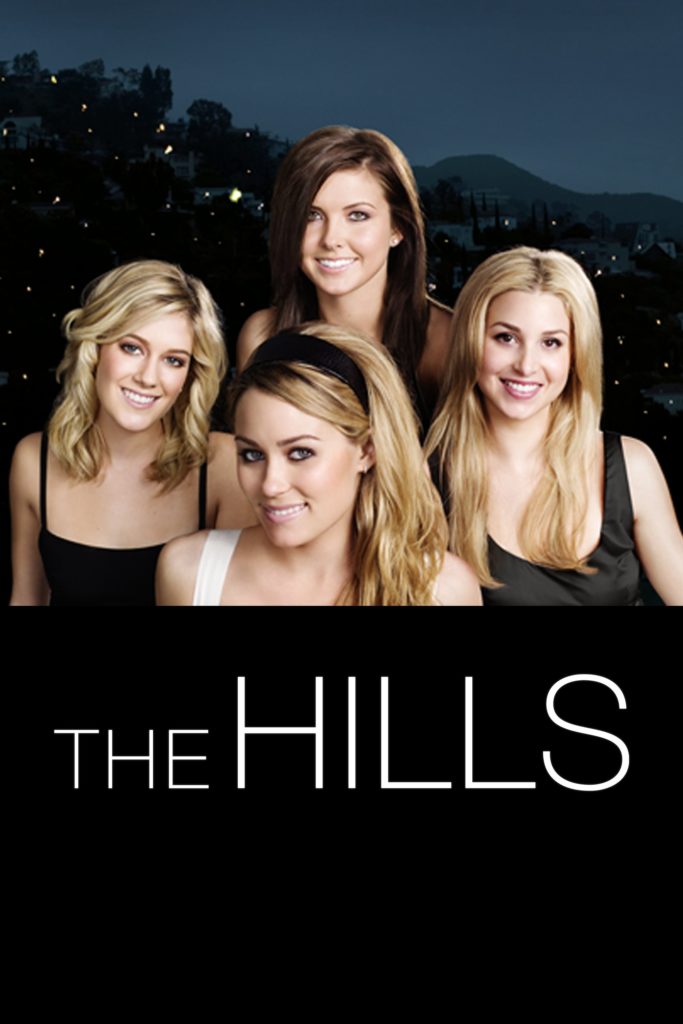
I was like, “you can’t go on MySpace. What if people see what’s going on, then no one’s going to watch the show, or they’re not going to believe”. I remember that in season one you don’t want to reveal who the wizard of Oz is. You don’t want to reveal the secrets yet.
But I don’t know if I was right or wrong on that case, and the jury is still out. I don’t know where I want to end on that one. No blame, no credit, no blame, no blame.
Vinnie Potestivo on How Being a “Connector” Drove His Career Forward
HOST | Tristan Thibodeau:
It’s just mind-blowing to me to have hands-on like that. And something that I can tell contributed to that is just your relationship building and who you are for people. And I can tell you show up with your whole heart. I can just feel that that’s who you are. You show up with your whole heart.
You’re very genuine. You’re very authentic. Like, yes, that word is overplayed. Very just. You are very you to the core. I don’t feel like you hide. And I feel like that played a role in you building such strong relationships with these individuals that they came to trust you, where you can have a role play a hand in shaping what our world sees from these individuals.
So I was reading about you and learned that you consider yourself a “connector” and that you consider your team to be connectors. And can you tell my audience the value of being a connector and how to be a good one? Because there’s so much benefit that can be gained for us, but also for people that we connect with.

GUEST | Vinnie Potestivo:
Oh, yeah. The value in connecting, I think, is momentum.
Vinnie Potestivo and His Perspective on Connection
Have you ever wished that you had a brilliant idea and someone was doing it and then it wasn’t you? And then when you came back to it, somehow it was like halfway done or even completed?
That’s the power of connecting.
I give ideas out. I am so happy, to. It’s so weird. A lot of people are very territorial about their creativity and feel like they should be paid for their posts, for the words that they choose to use in their posts, even though they were taught to them by people who didn’t charge them, or maybe public schools or a family member or they got the quote from stuff.
But I would much rather an idea go out to the world and for someone who’s able to execute it than for me to die or know that that idea never came to fruition because I didn’t put it out there.
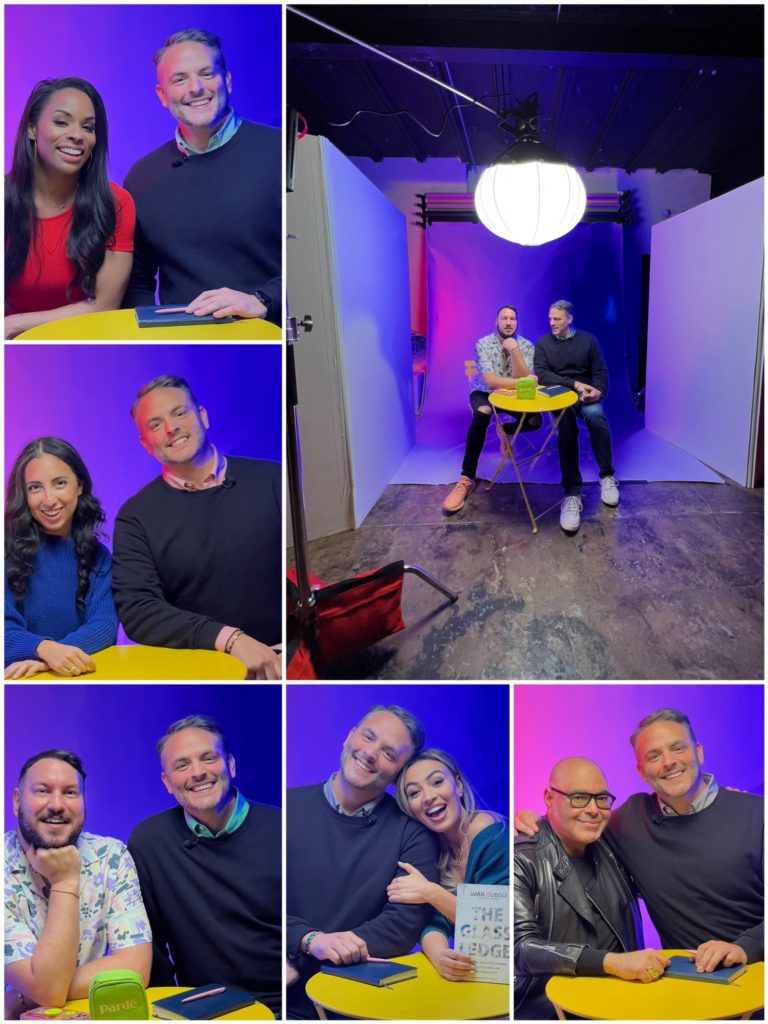
Idea People vs. Executors
I also know that there are “idea” people and there are “executors”. In television right now, it’s tough to sell a show based on an idea. It’s really tough. You used to be able to if you have talent, you could sell the show. If you have talent and an idea, you can sell the show pretty easily. It’s really come down to execution.
And I think some of that is like just poor sales experience for the last five years with people who maybe said they were going to shoot something and didn’t. Or it’s people who are now devaluing that process.
But for me, I found being the connector valuable because there are platforms that have a need for content. There are content makers that have a need for a platform. There are just so many needs out there.
Leading With Value
I feel that as a connector, I get to be a part of all of that conversation and all that energy without slowing the project down and without having to be in all places at once. And I do that by solidifying the connection.
It’s not just introducing, but I genuinely lead with value. I’m also coming up with ideas for execution. I’m giving you tech stacks based on my own experiences.
So there isn’t like, hey, here’s a flippant idea that I haven’t really thought about. I’m pretty tried and true. And I’ve done a lot of research about the connections, about the conversations that we’re having, that when we’re ready to make that connection.
But if you love it and you believe in it and you set it free and it comes back to you and it’s meant to be. Then you do the all Star season, then you do season two, and then you do re-casts and a new cast. And like the old schools and the new schools.
With time becomes this new invention, this new space, this new creation of energy about the old.

That being said, connections. I’m mindful that I may be reconnecting with people just based on great ideas as well. So maybe I don’t use the connection as an opportunity. I don’t think I do that. I would say, was that a successful connection? I would say, no.
Success is seeing the project get made
And then what happens next, season two? Or did we sell it to a book, or is it now speaking to it. But then what happened next? All that energy we have here now we have an audience that’s given us energy. We got these creators, we’ve got financiers who are invested in this conversation or this topic. And that’s why I love working in this sector of media.
This, like, a privately-owned sector of media where I’m helping people create podcasts that are instant IP that they’re able to leverage into TV shows or radio shows or books or films or speaking tours, Membership Academy. I’m having a blast at that. They’re like little TV shows. It’s like TV show development deals for me, and I’m really good at honing in on what I think you think makes you special, but also in what I think you think everyone else who sees you thinks is special.
And I have some data points that I pull on all that. I’ve learned to have data points, to be honest, and to prove my gut.
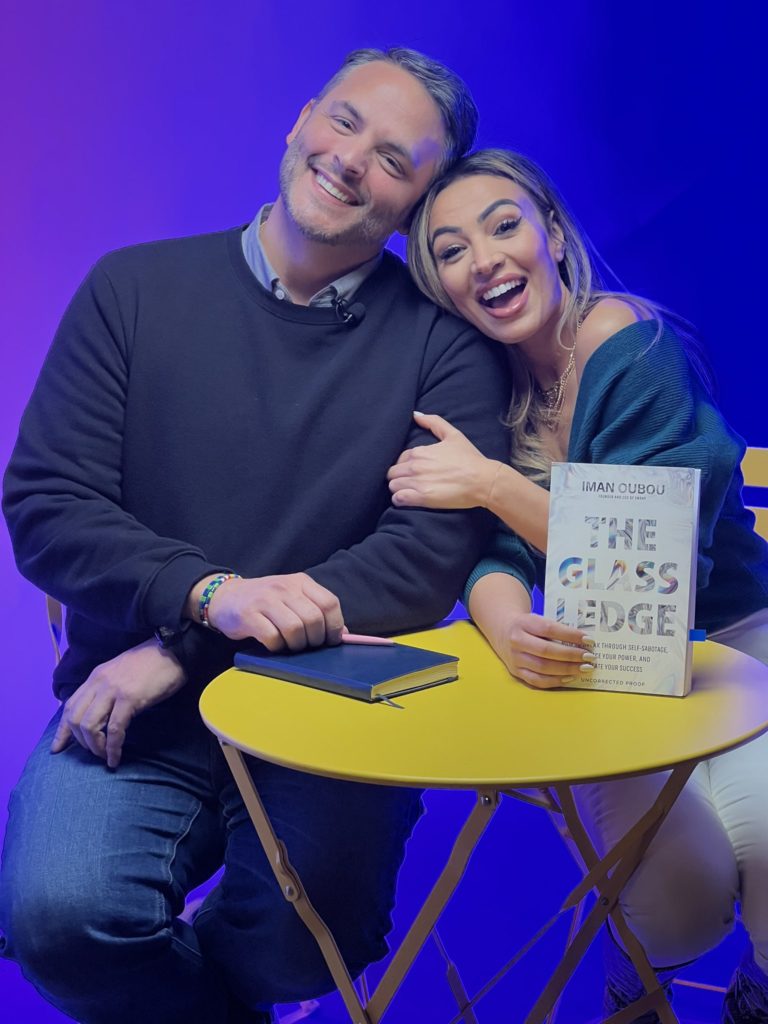
But in development, there’s no data. Sometimes there’s data about the audience, but it never tells you if it’s going to work or not. It just tells you what’s missing and what’s successful. There’s never like, if you do this, there’s always, like, this is missing.
So fill it, and it’s going to be successful.
That’s weird data that’s the deep end swim over there, and if you make it, you’ll stay alive. I’m like, wait, that’s how that goes. My whole job is so than I do, and I figure out, oh, there’s no current. So we do this paddle. Okay, so now I got to go find people who know how to do this type of paddle, or we need high divers.
Bravo is making me go high diving. Always made me do crazy things. VH1 got me jumped through Hoops. It’s okay. It’s fine. A&E, I’m like, okay, I got to roll my sleeves up when A&E call.
Vinnie Potestivo Speaks on Story Engines and Creating the “It” Factor
HOST | Tristan Thibodeau:
Oh, my gosh, I love that. And something that you hit on, which I’m so glad. I don’t know if you intuitively did that or what happened, but you hit on talent and differentiation identification.
And when I was doing my thorough, thorough research on all my guests that I do, I found this video from Carrie D on your website and how she mentioned that you told her,
“You have a personality, and I know what to do with it.”

I want to hear how your brain works. When that spark goes off for you, what are the things that you’re identifying? And then how do you help the individual on that and leverage it for their personal brand?
GUEST | Vinnie Potestivo:
Yeah, that’s a great question. Oooh you’re getting, like, the good stuff.
It’s called a “story engine”
It’s not something I call, it’s something that’s been taught to me. But there’s this thing in storytelling called the “story engine”.
In the Kardashians, the story engines are mother and daughter sibling rivalry and business rivalry. Those are story engines where you can constantly pull a story from where you can constantly pull energy or an arc.
There’s a momentum, and it’s involuntary momentum. There’s going to be a change because it’s now grown into something that touches multiple hands or changes over the course of time.
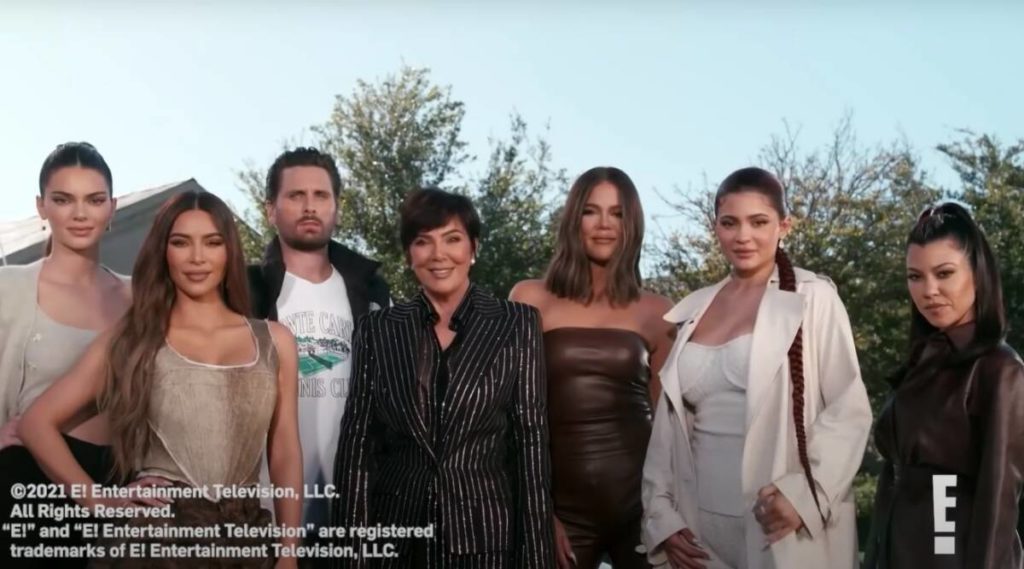
So that’s something really to soak in for a second.
Because I’m talking about sustainability in a really weird heady kind of space. But when I look at Wild ‘N Out, when I look at The Challenge, those are two shows that I was involved in developing and bringing to the network. And it’s funny to think that I cast two out of the three old guys on MTV. Nick Cannon and TJ Lavlin are like the two of them and Rob Dyrdrek, they’ve all filled in.
They were all at one point, they probably all came to me and said, “I don’t want to be Carson Daly. I don’t want to be Carson Daly. I don’t want to host trials for the rest of my life”.
And now look.
The Power of Being a Creator in the Private Sector
HOST | Tristan Thibodeau:
Oh, man, that guy will always have a special place in my heart. I don’t remember what it was. In one of his episodes when he had his show, he was trying to get a tattoo that said relentless, but he didn’t know how to spell it.
And so he was standing there at the tattoo parlor for like 20 minutes, and they’re like, “relentless?” Is this right? Man? I don’t want to get this on my arm. Relentless. No.
These people that you’re talking about, I’m like, man, this is my adolescence right here. I cannot tell you how many episodes have Punked and just Rob Dyrdek and his crazy unicorn scooters and all the things that he would do.

How amazing is that? I’m sorry I took you off-topic.
GUEST | Vinnie Potestivo:
No, it’s so on topic. I love it. I love talking about what I got to be a part of, what I got to witness myself off-camera, and then what we all got to witness on camera. I think that’s a shared experience that I don’t take lightly. I really believe that.
For example, before this podcast, you didn’t know me and I didn’t know you, but I may have been able to have heard your podcast beforehand, but you definitely grew up watching my content seeing. So I feel in this conversation, it’s so smooth, and I feel like I know you and I’m not even a little bit nervous.
And you’re asking great structured questions that I never really get to talk about methodically, and that stimulates my brain. But I feel like, of course, I’m vibing with her. She watched my stuff. TRL was, like, on her schedule.
She probably killed two Tamagotchi
…trying to get to TRL on time to get there just to watch the top seven video. Whatever. I hope you called in, by the way, because that was, like a real thing. People really called in.
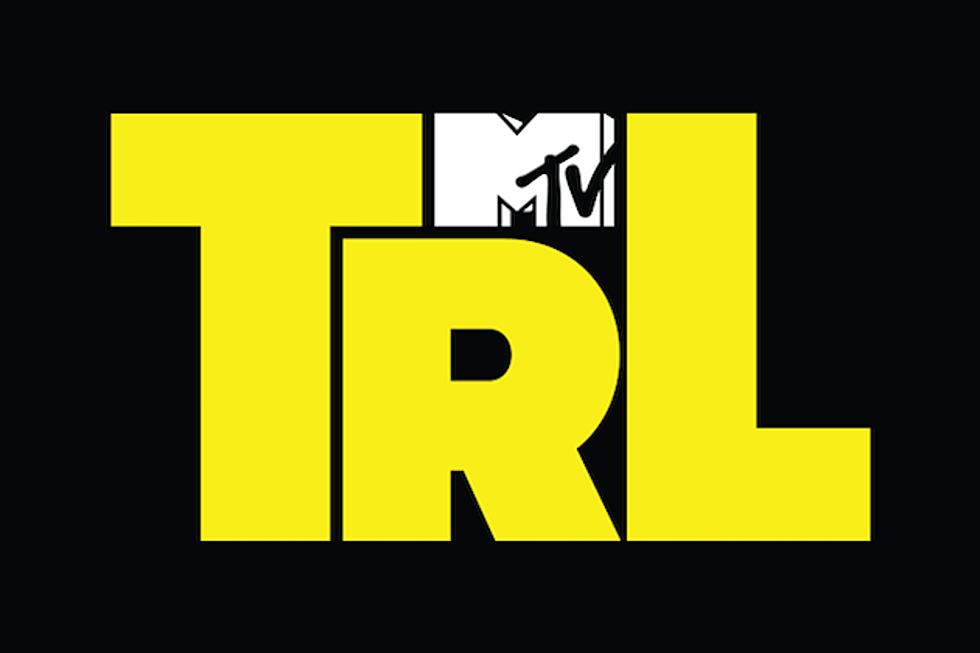
I don’t take that lightly. And I think that that’s why I respect so much now what we get to do as creators in the private sector of content.
Vinnie Potestivo and His Latest Creation – I Have a Podcast
I Have a Podcast came out in February of 2020, I’ve released 18 episodes so far. But in releasing my first trailer, between the time I released my first trailer to the time I released my first episode, it was probably a year and a half, to be honest, because I just stopped.
But that’s because also I started getting phone calls and emails from people saying, “Hey, I didn’t know you do podcasts. Can you do my podcast? Can you create my podcast?” So I got to create almost 50 podcasts before I even finally got to structure mine.
And then I’m like, professional off-camera
I have so much empathy for all of us creatives who’ve worked off-camera, who now find ourselves on camera where I value myself off camera.
When I’m auditioning The Real Housewives of New Jersey, we’re having a dialogue in that tape. They’re touring around their house. They’re giving me a dialogue of their house. We’re touring around our house. I remove my voice from that tape. My energy is still in the room with them. You know, it’s me when you see them holding dresses, showing things up.
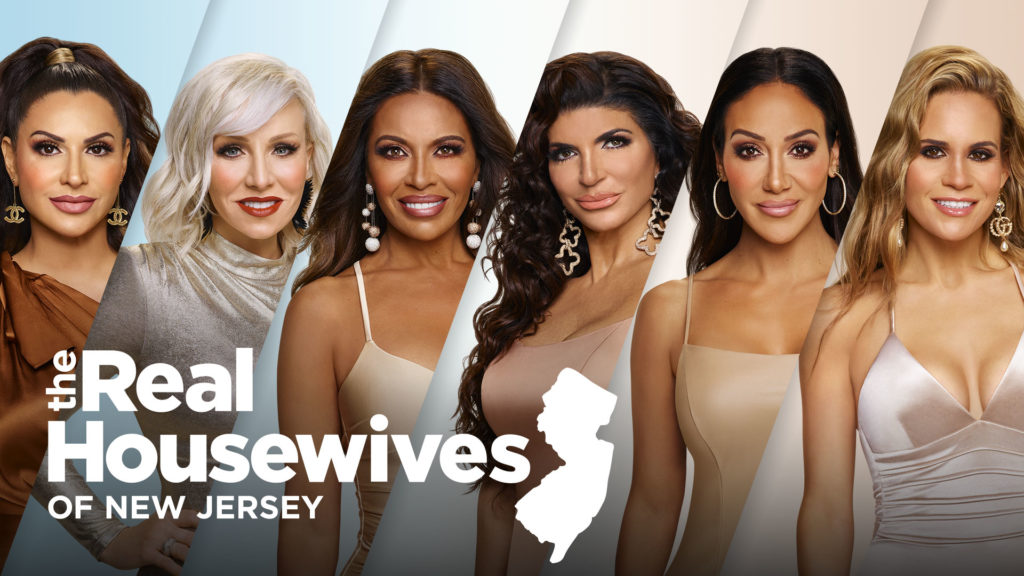
I’m thinking about like, Andy Cohen sitting there watching my casting girls right now, and I’m thinking it was a missed opportunity because I could have been in those tapes. But I was like, no, because my voice was their voice.
And a little bit of a defense mechanism. I’m like, oh, I’m the guy in the shadows. Don’t worry about me. It’s all about everyone wanting a show.
Witnessing Cultural Decisions Being Made
But I think that I was able to use that privilege that I had, that access that I had to TV. And I’m humbled by the Mandy Moores and the Nick Cannon’s and the Lalas and the SuChin Pak and everybody that the TJ Lavens, all of them that I got to work with, the Beyonce’s.
They make big cultural decisions. Right now they are impacting policies, that are impacting politics, and that are impacting society. Do you know what I mean? Yeah. Identity. Yeah, it feels cool.
And that’s why I’m happy to share any information that I have. Any of the experiences that I’ve had. Do I think we can all learn from them? Yeah. I think there’s like, some universal lessons.
Like, Mandy Moore sure did teach me the power of showing up, man. Like, she’s 15 minutes early, 1 hour early. I’m like, “but the call time was 06:00 a.m? Can you just wake me up when you’re halfway through makeup? And then I’ll come back down”
But she never ever, ever, ever wasn’t 100%.
By the way, this is weird that I’m going to say this, but Kim Kardashian is the same way. 100% present wherever she is meant to be. She’s 1,000 bazillion percent committed to being there. Mariah Carey, I’ve seen it.
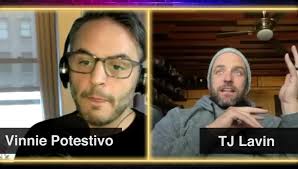
I’ve seen them do it. I’ve seen I’ve been in the room, I’ve seen the level of focus that it takes and how hard it is to show up for yourself, even when you’re some of those names, by the way.
So that’s why when I launched a podcast, I did it with really famous friends, because I was like, no one’s going to listen to my questions. It’s all about their answers. So this will be easy.
Uncovering the Wisdom You Have to Share
HOST | Tristan Thibodeau:
Don’t sell yourself short Vinnie, you’re amazing.
GUEST | Vinnie Potestivo:
Well, I learned that that’s the story I had to tell myself. I appreciate that. And actually, because of that, I’m learning from a different point of view what some of that “quote-unquote” wisdom might be or what people might find value in it.
And it’s shocking to me how much I’ve taken for granted. It’s really true. That part is true.
When you start listening to yourself as a podcaster. That’s one part that’s true. So I’m like rushing to get this information out.
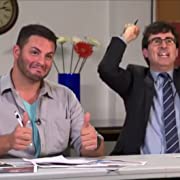
HOST | Tristan Thibodeau:
I can’t wait to hear more from you. And just to kind of wrap things up, this has been such an incredible conversation. We’ve gone down so many twists and turns, and I thank you so much for just coming on and sharing your story with us. Sharing a little bit of your heart and your soul with us. It’s so rewarding to get to have these types of conversations.
And so I would love to hear about what your current passion project is, and what is lighting you up more than anything right now. Yea you’re bouncing out of your seat.
GUEST | Vinnie Potestivo:
Yea, I’m excited!
HOST | Tristan Thibodeau:
What is the most fun thing? And what are you doing to really empower other people through your brand right now?
Vinnie Potestivo’s Current Passions and Endeavors
GUEST | Vinnie Potestivo:
I love that. So I launched I Have a Podcast. It felt rewarding. I got conversations together, I put information out there. I was able to turn it into a TV show. It’s coming out on Direct TV.
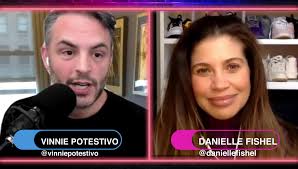
So I’m all about amplifying the voice. But it didn’t feel enough for me. So I took a hard step backward. I actually registered I Have a Podcast. So I learned about some additional IP laws that are now entitled to globally, not just within the States and specifically within podcasts.
And now that I have that identification, if I Have a Podcast, I thought, well, this is the biggest stage in the world now. So I just have to discover and develop podcasters.
So I launched ihaveapodcast.com as a platform for podcasters to be discovered and to develop relationships with sponsors and partners that want to collaborate with them. In the same way there are influencer marketing platforms that are out there for influencers. What I’m doing is building, and have done, is built that for podcasters, for the independent podcaster.
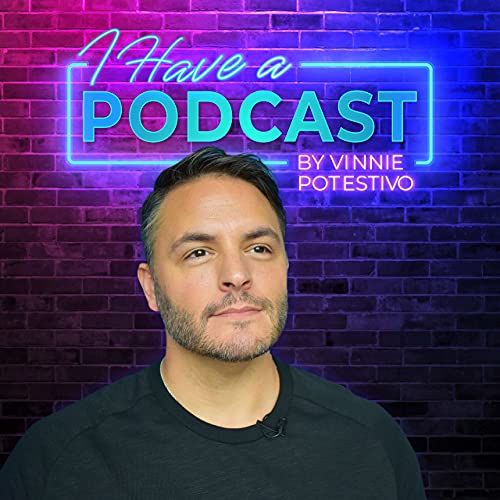
And it’s not about advertising. So if you’re looking for advertisers, this is not like the place. I don’t enjoy advertising because I come from the public sector of TV. I’ve had notes from Red Bull. I don’t want to say, ok I said, Red Bull, Okay, so I said Red Bull. But I’ve had notes from brands come back to me about creative decisions. And I’m like, “what? This is like, what?!”
Are we leading the conversation, or are we serving the conversation?
Distribution and Amplification
My boss would taught me to say that, by the way. Are we leading it or are we serving it? Because if we’re not leading it, let them serve it. Let them serve it. You can see it. You say “let’s serve it” 20 years ago, but now you’re like, “they got served”.
And it’s cool just to get stories out there. And more importantly, distribution and amplification. So people have podcasts, but are they being distributed beyond the platform itself? And what does platform distribution looks like for podcasts?
It’s the beginning of May right now. Unfortunately. We just found out that Facebook is no longer supporting podcasts. They haven’t said why, but I think it has to do with original content being created on the platform.
You have five audiences on Instagram anyway
So our platform is going to start wanting us creators to always be creating, utilizing only their tool. And that’s how we’re going to grow. Look, if that’s the future and there’s the fragmentation of audience and platform. I said audience already, but that’s really where I was going. That’s what it’s going to lead to. And that’s okay. Because the truth of the matter is that you have five audiences on Instagram anyway.
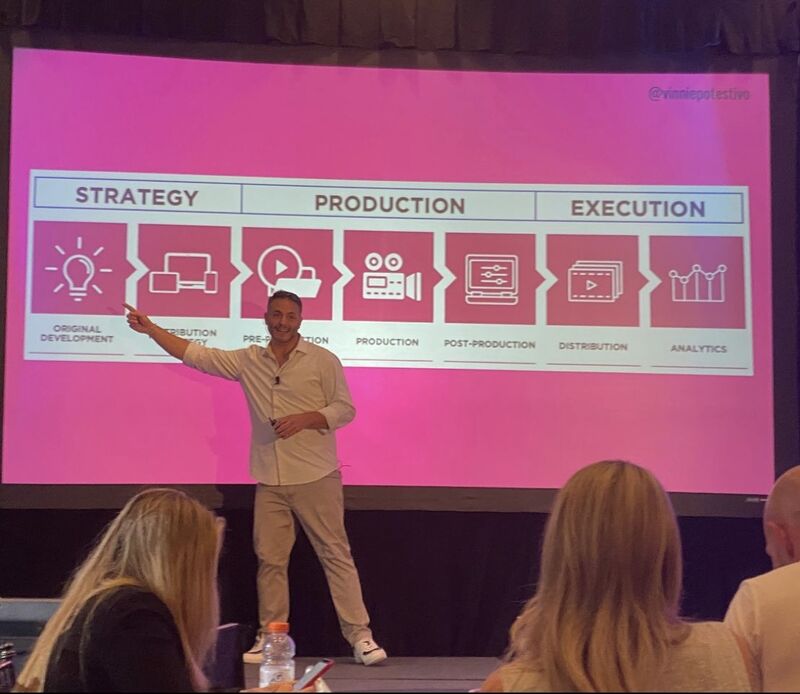
Between reels, and stories, and if you do gifs, and if you do guides and all the other DM and all the other sort of touch points that are on Instagram. But I just love helping people be successful. I love helping them win awards.
We didn’t even talk about this. But I’ll save it for next time. I’ll save it for next time. I got an awards library. You don’t even know what awards you could be winning that are free, not even the ones that you pay for that give you a trophy or whatever. But like, no disrespect. That’s very disrespectful. That was very honest. You got me on that one. I get a little bit mad sometimes, but whatever takes to be a multi-award-winning podcast.
But that has a ring to it. There’s bravado to that. And then I love taking that to IMDb and getting a ridiculous amount of credits and taglines and content that will impact your Google search and your Google image search.

So it’s like you got an X. You cannot get off like the top 30 images of Google search. And if you have a podcast, you can upload unlimited amounts of photos and videos that will literally wash Google with all of those older photos of you. That’s really what it is. Time sequence.
So I just really like helping people be successful.
It’s too much raw, awesome talent
Otherwise, they quit because they don’t get success early enough. And it’s too much raw, awesome talent. And I’ve seen it because I worked, as you said earlier, in youth culture. I got to work with people in the beginning parts of their careers. Those are the massive storytellers right now. We have the power to change platforms, we have the power to change culture. That’s a big responsibility. We have that now.
And then collaborating. That’s the best part is I’m already thinking of the connecting part. That’s where I think of it. The best part is the connections are the connections that it’s not the people you’ll meet, but it’s the things you’ll accomplish in that journey or to get to that journey even.
But all that is I make sure it’s all rewarding. We don’t waste time, and I don’t have a gigantic client base because of that. I get to have a very bespoke sort of world where my energy is protected and the right people have the right amount of access, and we move quickly and we get results as they’re meant to be. But it’s always funny how, like, ten years later, everyone’s always like, “oh, my gosh, I didn’t know it then”.
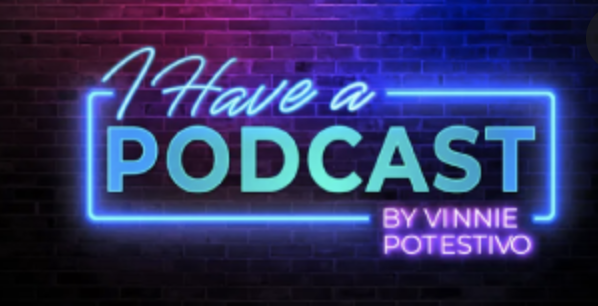
Then 20 years later, they’re like, “oh, my gosh. When you said no to me, I thought it was the worst thing ever. But then you called me for this other thing, and now I’m like the owner of this network”, and I’m like, oh, “so like, 20 years later”, I get no credit, no blame, no credit, no blame. That’s going to be on your team. Leave my name off.
HOST | Tristan Thibodeau:
Oh, my gosh, this conversation has been so much fun. You’re such a gift. Thank you so much for coming on. I’ve had so much fun talking to you. And if there’s anything you want to leave the wild woman FAM audience with, what would it be? And then Where’s your preferred way for people to come find you.
Your voice matters
GUEST | Vinnie Potestivo:
Oh, I appreciate that energy!
Well, just like you matter, your voice matters. No matter what size business you have, no matter what size level of experience you have, no matter what your size is, your voice matters.
And I think that’s a really important thing to keep in consideration. It’s almost a privilege sometimes to not speak up.
And the other thing I would say is, when it comes to social media and having a voice or not, I always say it this way. You can either choose to help the public sculpt what they think about you or not. And by choosing to be an active part of that, you really do get to shape the character, the perception, their version of your reality, that you won’t be able to persist.
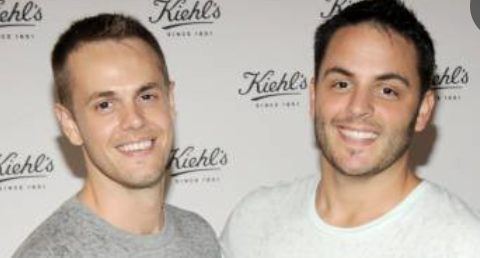
Get Featured on Vinnie Potestivos Platform, “I Have a Podcast”
So that being said, I launched something. It’s called ihaveapodcast.com I’m looking for, specifically, podcasters. I would love any female podcasters out there.
Whether you have a podcast or have a podcast or recommend, ihaveapodcast.com/interview and this is the URL that I’m inviting people to come to apply, fill out a form where we can write a featured article about you. And hopefully, by the beginning of June, we will be a Google News verified source.
The Creator Accelerator Community
I really want to help you all get the press that you need to get verified on social media because I know it takes baby steps to get that. I know you need a little bit of Google News verification to get the Wiki page. So anything I can do to help. And I think I’m going to really focus on building those tools to make sure that I have that. And I am in the early access point of my Creator Accelerator, which is a free club for people who are looking for access to any of the marketing or advertising URLs that use affiliate links.
Also a bunch of scripts. So whether you’re looking to reach out from new guests on a podcast or maybe you’re pitching yourself or reaching out to a brand and looking to collaborate. So I have some of my favorite scripts in there.
As well as my awards library, because awards matter, and winning with teams matters. I like that the best part of being creative is the community piece. So I love working with people who are okay to have their hard work applauded and celebrated. I think that’s something that shame in some societies taught us not to do. And I’m really trying to destigmatize that. That’s my ask.
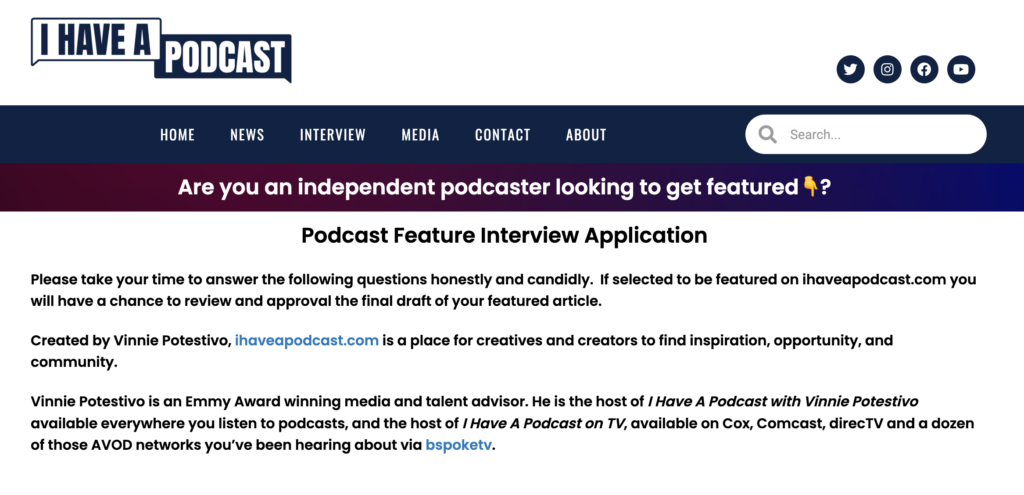
So ihaveapodcast.com/interview and that’s where you all can come and either recommend, send that to a friend, or tell them. So tell a friend or if you know somebody.
HOST | Tristan Thibodeau:
This will be in the show notes, guys. This will be in the blog post that will be going out. This will be in the email newsletter. You’re not going to miss it. I’m going to make sure you don’t miss it.
In fact, and speaking of awards, I see a little guy on your dresser back there.
GUEST | Vinnie Potestivo:
You see my little lady?
HOST | Tristan Thibodeau:
I do!
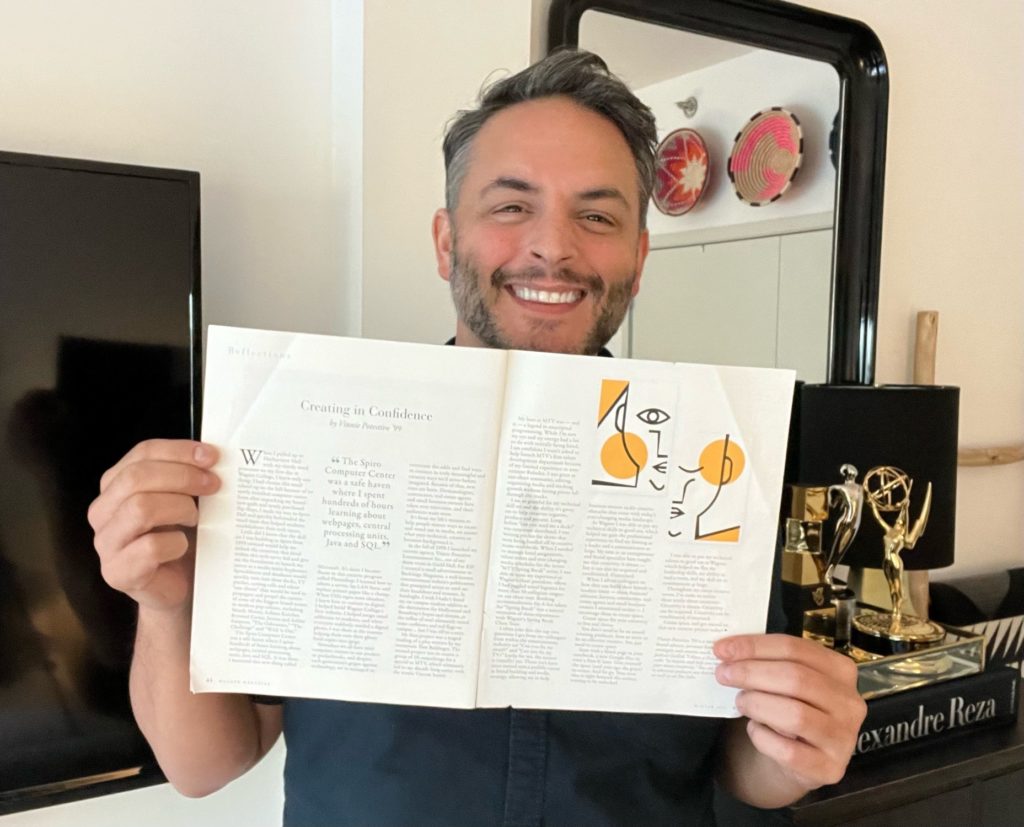
Why You Need to Nominate Yourself for Awards
GUEST | Vinnie Potestivo:
Isn’t she a sweetheart? So last year I won the first three awards in my entire career that have, like, my name on it, which, well, not my entire career. I’ve won some MTV awards and whatever.
But anyway, this is the proudest that I’ve ever been. Last year, I committed to an award strategy. I thought to myself “like everyone else is an award winner that I’m working with, I’ve been in this industry for 25 years. Like, Where’s my Emmys? Where’re my digital awards for podcast?”
The Grammy Godmother
So I did some research and realized that no one walking around handing out Emmys and W three awards and communicator. There’s no like, Grammy. Godmother, being like, “you deserve a Grammy because you’re so talented. Bless your little heart for trying. Little Vinnie?”
That’s how I imagined it would be happening if someone was to walk around. No! So you apply. And I come from TV. I know that for Emmys, the network I come from TV.
So in my situation, the network would apply, would pay the fee for the producers to be in the Union or to be in the association or the Academy, and then also to cover the fees. So I know that I kind of came from TV, and I was aware that that’s how television works. What I realized is that anyone can apply for these awards.
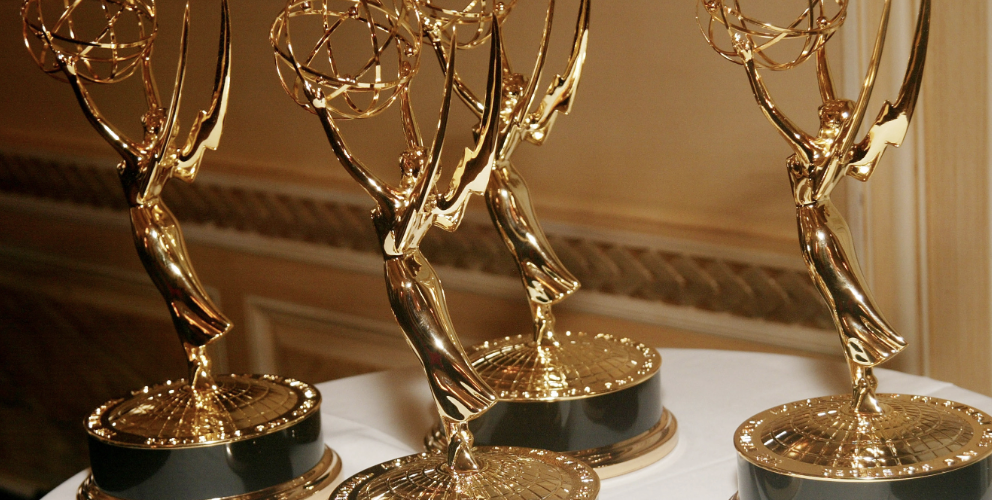
If you only allow the television network to be the person who puts in for the network and they don’t put you in and your name is not in the hat. There are lots of awesome examples of actors and actresses who were not picked and selected by the network or the film house, but then they themselves put themselves up and then get nominated, and nominations matter. It’s all part of being on the list as a celebrity brand.
So I went out there, and I looked, and I worked really hard, and I created projects that I knew would qualify for specific awards. Like, I knew that I had to have a written audio podcast if I wanted to apply for the communicator award. Because I wanted to win in something that was written. Like the W three is a gold award for best podcast and unscripted. So I specifically wanted to have something scripted and unscripted.
Emmy-Award Winning Film – “Red Flags”
And then, like the triple, down in December is this regional Emmy, this Emmy that I was able to win with Kevin Harrington and Brandon T. Adams and Samantha Rosson and just some really awesome people about a project called Red Flags.
And it specifically follows this woman, her journey after rehab in this sort of shark tank world where there’s all focus on help at the very beginning piece of the hurdle. There’s not, I feel like, too much empathy or compassion for the conversation after the hurdle.
And so this is called Red Flags, and it’s a project about the red flags to look out for post-rehab that we can all look for. And I come from a family of addicts, and I grew up in Alanon and Ala-teen. And that’s why I didn’t trust adults because I was told the therapist told me as a kid, don’t trust adults. Then I knew they were liars. So then I became the worst liar. I told myself the worst version of the story.
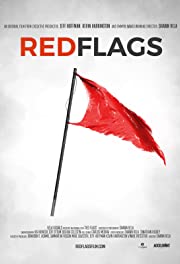
Wrapping Up This Convo with Vinnie Potestivo
This brings it literally back to reality TV, which is you make conscious decisions, you change your life. I’m going to film it. Because I’m filming it. you might change your life more drastically. You might take bigger risks, you might make bigger moves because I’m filming it, but there are still the life moves that you’re making in your life. And if that changes your life forever because of the things you do on camera, that’s like your life.
But the reality piece to it was like the part that blew my mind, the part that I can show people how we changed your life and that changed their perception of your life, which is their reality. And that loop for me was like I was hooked as a storyteller.
I could be part of change and then that change becomes vocabulary or community or culture for the audience that’s watching it.
Come on.
I learned from the best. I learned from the absolute best and I can’t wait to see what we do next.
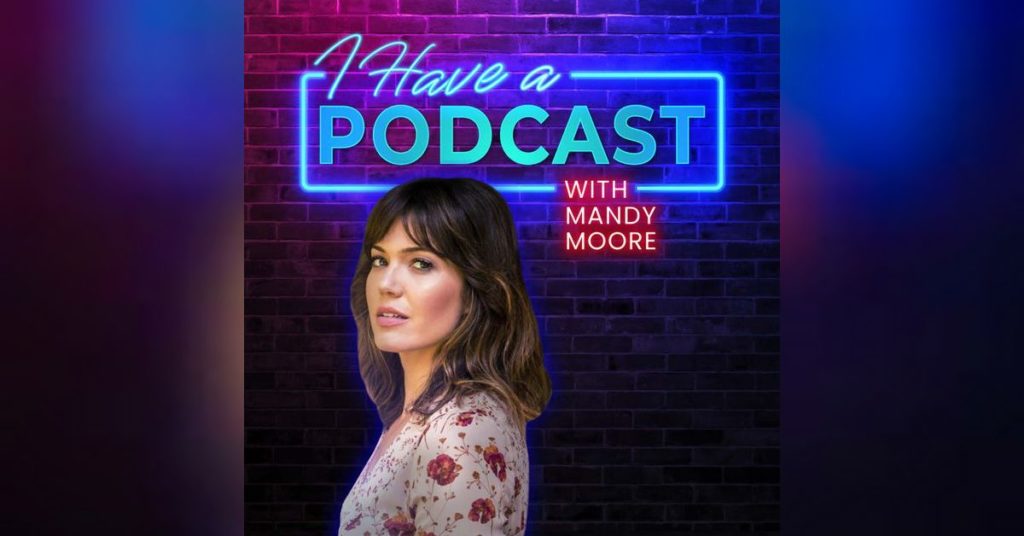
HOST | Tristan Thibodeau:
Yes, absolutely. Vinnie, thank you so much. This is my favorite conversation I’ve had on this podcast by far. I’m so grateful to have you. Thank you so much.
Click here to listen to the episode on Apple Podcasts!
Want us to send you a free gift? Leave a rating and/or review on Apple Podcasts, and send a screenshot to podcast@wildwomnhaus.com.
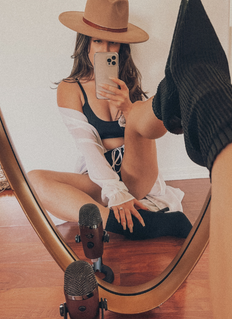
Connect with the Host:
Tristan Thibodeau is the founder of Wild Womn Haus and is a brand strategist for entrepreneurs in the wellness, beauty, and lifestyle brand industries.
She specializes in helping companies create and maintain their image. She works with market research, industry analysis, and consumer trends to offer strategic insights for brands so that they can enhance their marketing efforts and grow their bottom line.
Follow her on Instagram @tristan.wildwomnhaus and follow the agency on Instagram @wildwomnhaus and TikTok @tristan.wildwomnhaus!

Connect with the Guest Expert:
If you enjoyed today’s guest expert, Vinnie Potestivo, and want to learn more about his work, you can find him on all social platforms @vinniepotestivo, and via his website https://vpetalent.com/.
Don’t forget to submit yourself to be featured on I Have a Podcast by using the link, ihaveapodcast.com/interview.
